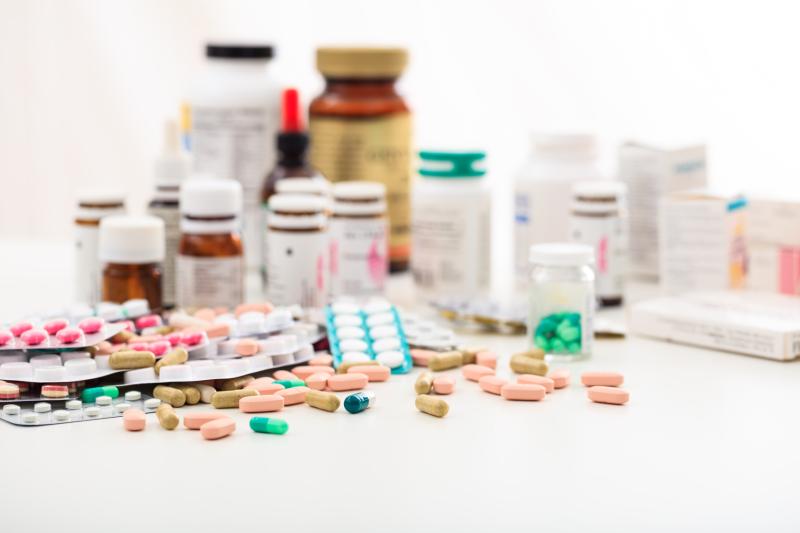What are different Quality Control types in the Pharmaceutical Industry?
What are different Quality Control types in the Pharmaceutical Industry? – Quality control plays a very critical role in any good manufacturing business industry. It hardly matters that in which industry you are working, having good quality protocols and methods is important. Now the importance of having Quality Control in the Pharmaceutical industry is immense as this industry involves manufacturing drugs or medicines that will be consumed by customers or patients. Therefore, it is mandatory to ensure that the medicines or drug manufactured by your company is pure, safe, and without any side effect. If you are looking for some information on quality control types then this blog is for you. Our company Servocare Lifesciences has done its research and in this blog, we will tell you What are different Quality Control types in the Pharmaceutical Industry?

Nowadays Quality Control has become the most important aspect of any business. There is high competition among pharma companies and only that company will survive for a longer period of time that delivers quality and safe pharma products in the market. But before moving to the types, let’s first understand the principle of Quality control. A per ISO 9001, Quality control means ensuring that that the medicine or drug produced meets the set quality protocols or standards and fulfills the eight principles and eight principles are:
- Continuous improvement
- Focus on customer satisfaction
- Leadership
- Factual decision making
- Management of resources
- Involvement of personnel
- Adaptation of systems approach to management
- Mutually beneficially supplier relationships
The above mentioned are the principles of Quality control. We all know the importance of quality control and why it is important. But what are different Quality Control types in the Pharmaceutical Industry? Let’s get into it.
Sterility Testing
Sterility testing is one of the key tests to ensure the quality of the medicine or drug. It is one of the key GMP Microbiology tests necessary for sterile pharmaceuticals, materials, and medical devices. This test is conducted to ensure that the product or drug produced is safe for use. There are two methods to perform this test. The first one is known as Direct Inoculation and the second one is known as Membrane Filtration Sterility Testing.
Bioburden Determination
Bioburden Determination is done to make sure that the medicine or drugs comply with the set protocols or standards. By conducting this test, the quality of a product can be determined. It is used in several situations like:
- For validation or revalidation of sterilization processes
- For routine monitoring
- For accessing the efficiency of the cleaning process.
Antimicrobial Efficacy Testing
AET (Antimicrobial Efficacy Testing) is performed on a wide array of medicines or products. The drug or product is inoculated with any specific number of challenge systems and after 28 days period, the product or drug is reexamined to check the number of viable microorganisms.
Microbial Limits Testing
This is another type of test which is required for non-sterile products. It is done using harmonized pharmacopoeial or methods supplied by the client to determine the bioburden within the sample.
Environmental Monitoring and Identification
This test is directly or indirectly important as through Environmental Monitoring and identification, we can incubate, identify, and enumerate flora along with a vast array of environmental or clinical organisms.
Conclusion
Through this blog, we provided your information on our different Quality Control types in the Pharmaceutical Industry? We hope that through this blog, you got the information that you were looking for. The above-mentioned information is true and authentic. If you are thinking to enter the pharma industry and looking to work with the best company the associate with Servocare Lifesciences. We are the best PCD Pharma Franchise Company in India that is working to improve the health of people by delivering high-quality and tested products. We are a firm that is known to deliver only high-quality and tested pharma products and marvelous franchise services. So if you want to have a rewarding business then associate with us.
Get in touch with us for more information. Give us a call at +91-9875921201 or you can email us at servocaregroup@gmail.com.

